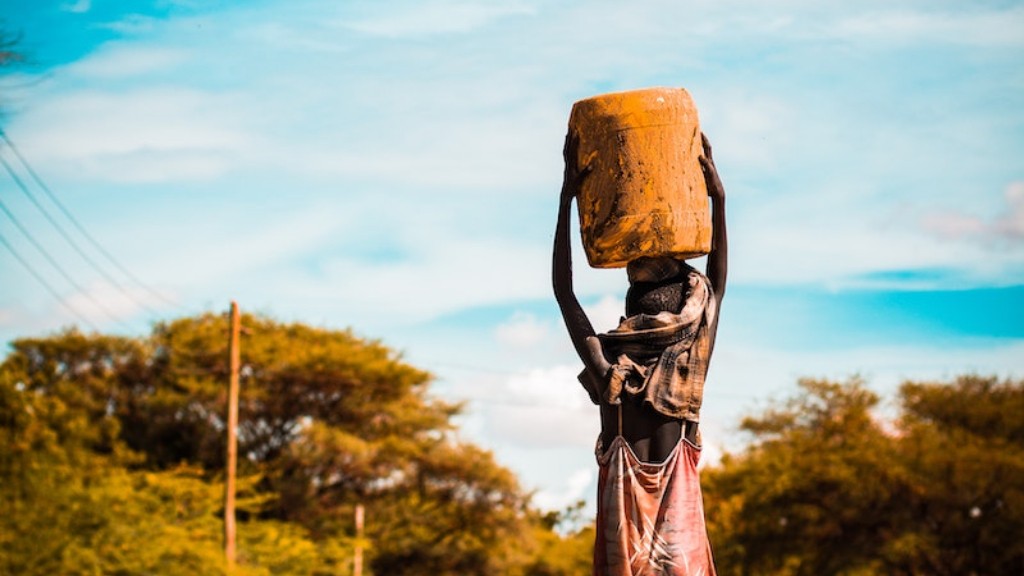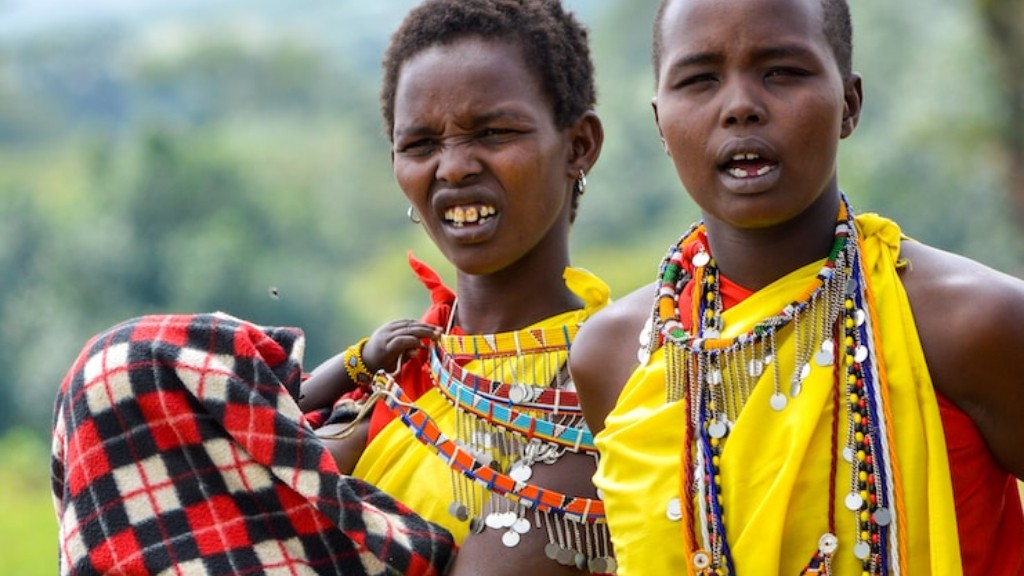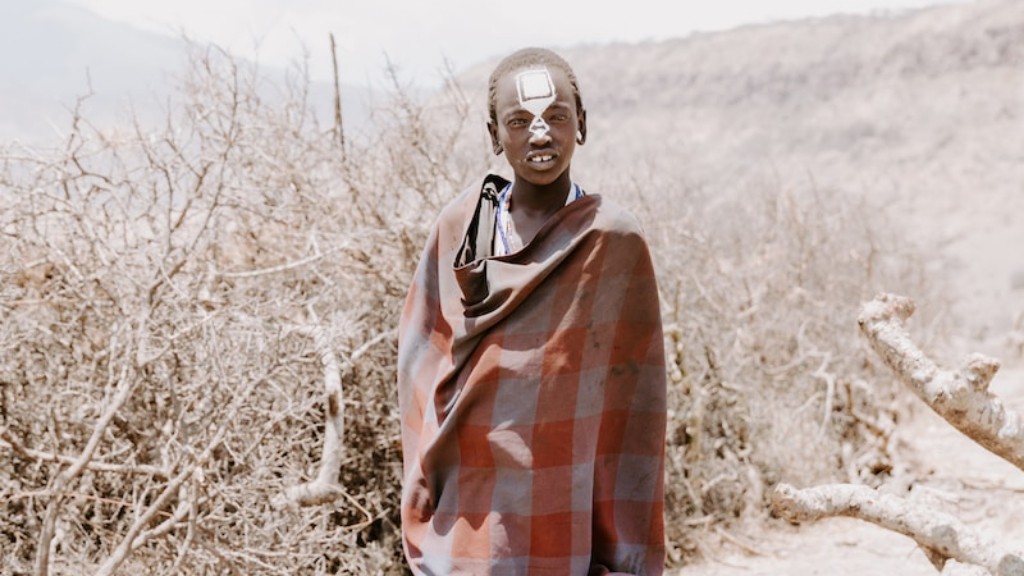African Tribes Ritual to Become a Man
Africa is a continent rich in cultural diversity, where traditions and rituals play a significant role in the lives of its people. One fascinating aspect of African culture is the initiation rituals conducted by various tribes to mark the transition from boyhood to manhood. These rituals hold deep meaning for the communities, encompassing physical, psychological, and social aspects of becoming a man.
In African tribes like the Xhosa in South Africa, the initiation ritual, known as Ulwaluko, is seen as a crucial step towards manhood. Young boys aged between 16 to 18 are taken to secluded initiation schools in the mountains, where they undergo a series of tests and teachings under the guidance of male elders. The main purpose of Ulwaluko is to prepare the boys for their adult responsibilities and roles within the community.
During the initiation period, the boys are taught various skills such as hunting, farming, and craftsmanship. They also receive lessons on societal norms, respect for elders, and the importance of community cohesion. These teachings play a vital role in shaping their future behavior and leadership qualities.
One of the most visually striking elements of the Ulwaluko ritual is the circumcision ceremony. This is considered a rite of passage, symbolizing the boy’s transformation into manhood. The procedure is conducted by skilled traditional surgeons using traditional methods. While there are modern medical interventions available, the tribes choose to keep this practice rooted in their cultural heritage.
The initiation ritual is not without its challenges and controversies. In recent years, there have been reports of deaths and health complications arising from the circumcision process. These incidents have sparked debates within the communities and called for improvements in the safety precautions and training of the traditional surgeons.
Expert Perspectives
Experts in the field have studied and analyzed the African initiation rituals and provided insights into their significance. Dr. John Mbiti, a renowned African theologian and philosopher, emphasizes that these rituals are crucial in preserving cultural identity and promoting societal values. He argues that they provide a sense of belonging and help the younger generation understand their cultural heritage.
Dr. Ifi Amadiume, a Nigerian scholar specializing in gender studies, highlights the gender dynamics within these initiation rituals. She points out that they often reinforce traditional gender roles and expectations, which can be both positive and negative. On one hand, the rituals teach boys about their responsibilities as men and community leaders. On the other hand, they can perpetuate harmful stereotypes and limit the freedom of expression for individuals who do not fit into these predefined roles.
Analysis and Insights
The African initiation rituals to become a man offer a fascinating glimpse into the richness of African culture and traditions. By immersing young boys in a holistic process that combines physical, psychological, and social elements, these rituals aim to shape responsible, respectful, and community-oriented individuals.
However, it is vital to address the challenges and controversies surrounding these rituals. Ensuring the safety and well-being of the initiates should be a top priority. Collaborative efforts between traditional leaders and medical professionals could help improve the training of surgeons, implement safer techniques, and prevent unnecessary health risks.
Section 2
Your text for section 2 goes here.
Section 3
Your text for section 3 goes here.
Section 4
Your text for section 4 goes here.



